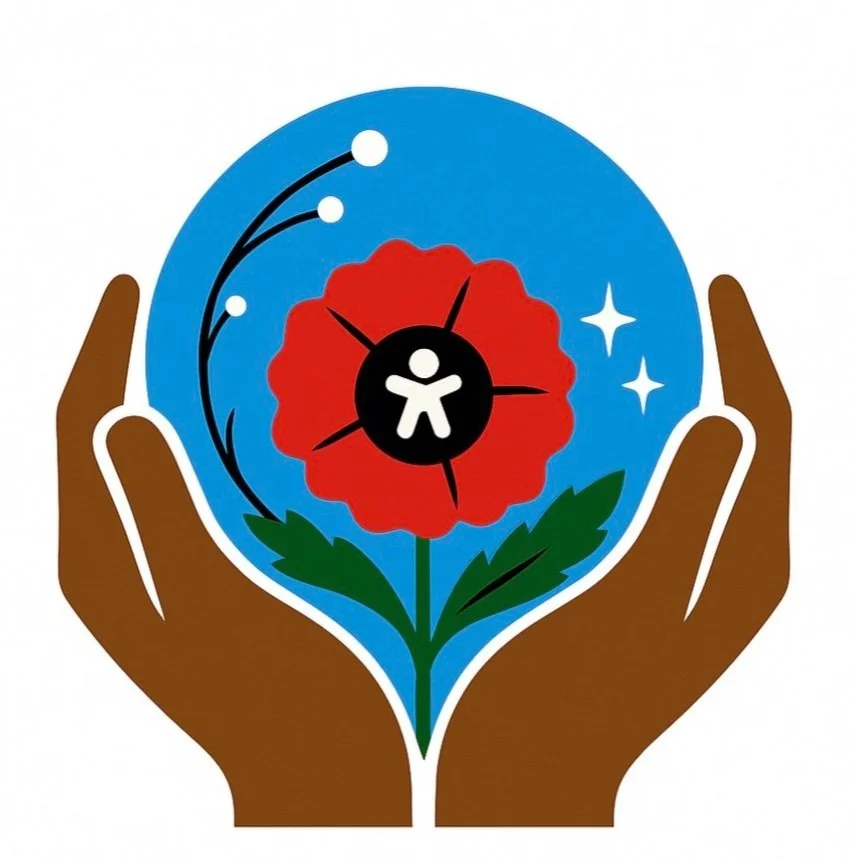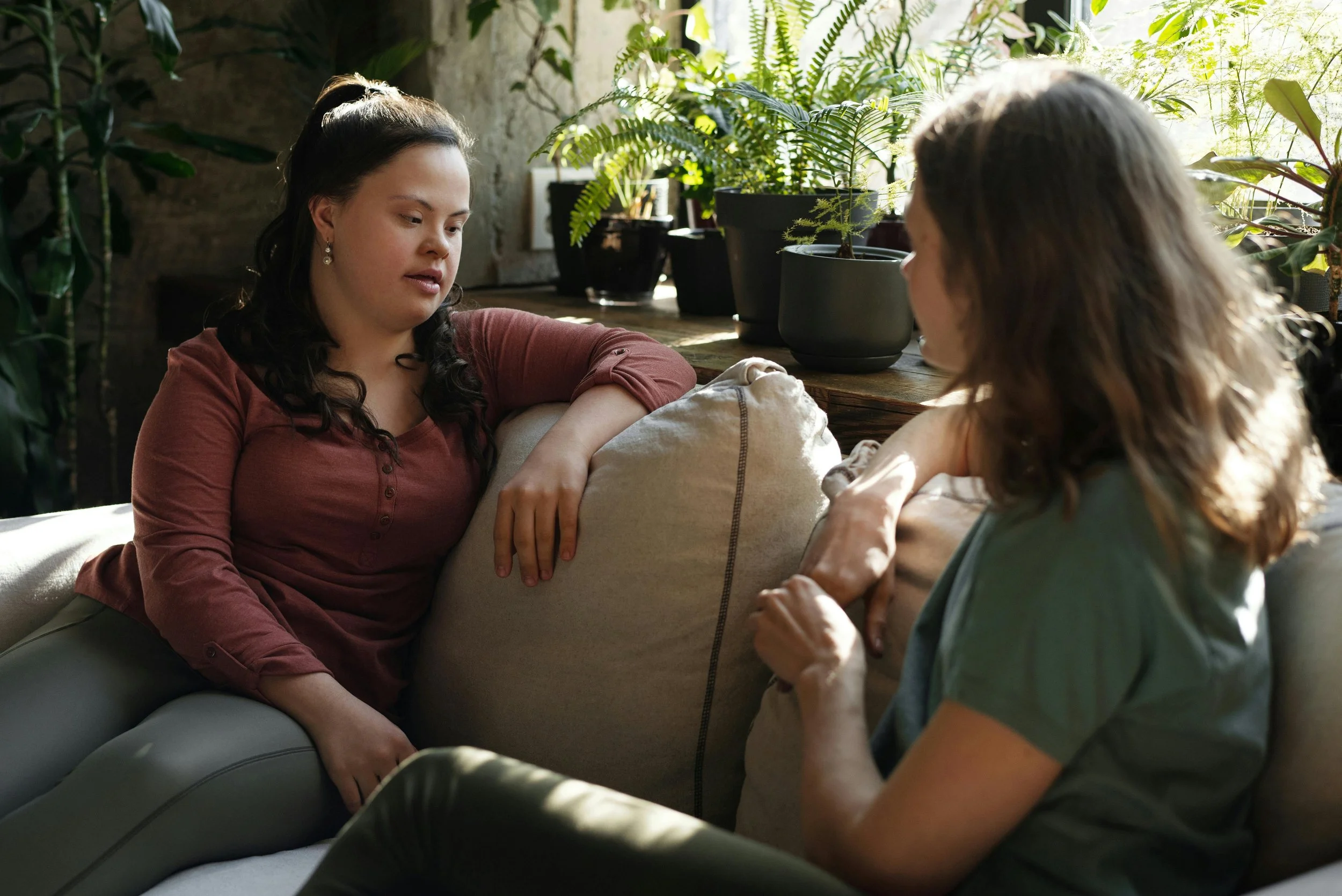
Care support and accessibility looks different for everyone. In times of crises, regardless of those differences, it’s important to be prepared. So, what does preparedness look like for people who have specialized support or accessibility needs?
We understand how important it is to make sure your loved ones unique needs are still provided when you’re gone. We understand that most emergency preparedness plans don’t include unique processing, communication, or equipment needs. Most importantly, we understand how hard these conversations are to have and how far a little compassion and guidance will go.
Our Services

Large Scale Disaster Preparedness Planning
Click below to access printable ‘Quick Reference’ guides for disability-inclusive planning during catastrophic events. These forms cover:
Natural disasters (wildfires, earthquakes, tsunamis)
Human-caused crises (industrial accidents, infrastructure failures)
Cross-border emergencies (pandemics, conflict-related displacement)
Tailored for functional needs like mobility, sensory access, and medical equipment during prolonged disruptions.
Localized Emergency Planning
Download customizable checklists for disability-friendly response to community-scale emergencies, including:
Severe weather (blizzards, heatwaves)
Utility failures (power outages, water contamination)
Public safety incidents (local fires, chemical spills)
*Includes scripts to use when calling first responders, transit alternatives, and 72-hour accessibility kits.
In-Home safety and Emergency Preparedness
Get printable toolkits to safeguard your daily life during sudden household crises—designed for:
Medical emergencies (falls, seizures, allergic reactions)
Home hazards (gas leaks, burst pipes)
Support gaps (caregiver no-shows, device failures)
Features room-by-room safety maps, backup care networks, and sensory-friendly de-escalation steps.

SOSpeak©-Emergency Communication Cards
Why SOSpeak?
Created with input from families and self-advocates, these cards bridge communication gaps during crises—whether medical emergencies, sensory overload, or encounters with first responders.
Join the Waitlist
Be the first to know when pre-orders open!
For those who communicate differently—in moments when it matters most.
What’s Inside?
10 durable, pocket-sized cards: 5 pre-printed with universal phrases (like "I’m listening, even if I’m not looking at you") + 5 blank for personalization.
Built for emergencies: sustainable materials, tear/bite/weather-resistant, and designed for clarity under stress.
No one left behind: Low-cost options and free digital backups for easy replacement.
Adaptive Emergency Exercises
We go beyond ADA compliance—because real accessibility starts where regulations end. Our exercises reveal what compliance checkboxes can't: the lived reality of emergencies when you communicate, move, or process differently.
Traditional emergency practices assume everyone can hear sirens, follow verbal commands, or process chaos the same way. Or tell us to rely on caregivers who may be injured or unfamiliar with how to provide support during emergencies. Or to rely on first responders and good Samaritans who may not have the appropriate tools to help.
Our adaptive exercises are co-designed with disabled self-advocates and emergency response specialists to:
Practice evacuations that honor diverse mobility and sensory needs (e.g., tactile ASL guides for DeafBlind participants).
Test communication tools like SOSpeak cards in realistic scenarios (think: smoky rooms, power outages, fast evacuations that may cause us to forget our tools on the way to evacuate).
Pressure-test systems with first responders to expose gaps before disasters strike.

If you have an emergency please call 911 for assistance.
For NON-EMERGENCIES of an urgent nature click the link below. We have a maximum 24 hour response window for these requests.
Our goal for the near future is to contract with first responders, chaplain corps, and hospital social work departments to arrange for us to step in and support with immediate needs when care transitions are needed.
We are not currently able to provide any support other than preplanning at this time.






